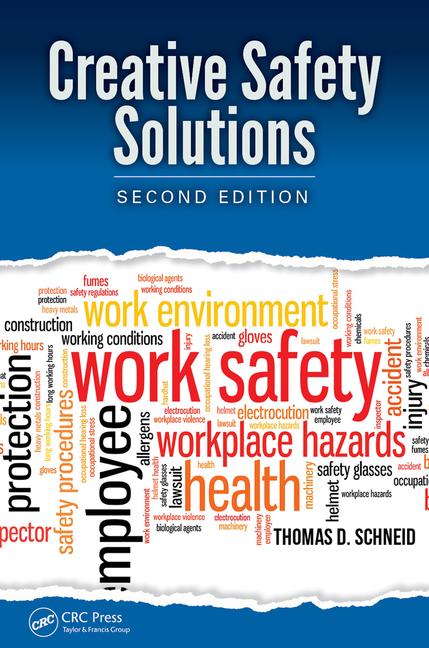Mayo Clinic: Don’t live in a cone of silence; get hearing loss help

 Hearing loss that occurs gradually as you age (presbycusis) is common, according to the Mayo Clinic
Hearing loss that occurs gradually as you age (presbycusis) is common, according to the Mayo Clinic
According to the National Institutes of Health, an estimated one-third of people in the United States between the ages of 65 and 75 and close to one-half of those older than 75 have some degree of hearing loss.
Doctors believe that heredity and chronic exposure to loud noises are the main factors that contribute to hearing loss over time. Other factors, such as earwax blockage, can prevent your ears from conducting sounds as well as they should.
You can't reverse hearing loss, says the Mayo Clinic. However, you don't have to live in a world of muted, less distinct sounds. You and your doctor or hearing specialist can take steps to improve what you hear.
Symptoms of hearing loss
According to the Mayo Clinic, signs and symptoms of hearing loss may include:
- Muffling of speech and other sounds
- Difficulty understanding words, especially against background noise or in a crowd of people
- Frequently asking others to speak more slowly, clearly and loudly
- Needing to turn up the volume of the television or radio
- Withdrawal from conversations
- Avoidance of some social settings
When to see a doctor
According to the Mayo Clinic, talk to your doctor if difficulty hearing is interfering with your daily life. Your hearing may have deteriorated if you find that it's harder to understand everything that's said in conversation, especially when there's background noise; if sounds seem muffled; or if you find yourself having to turn the volume higher when you listen to music, the radio or television.
Coping and support
These tips provided by the Mayo Clinic can help you to communicate more easily despite your hearing loss:
- Position yourself to hear. Face the person with whom you're having a conversation.
- Turn off background noise. For example, noise from a television may interfere with conversation.
- Ask others to speak clearly. Most people will be helpful if they know you're having trouble hearing them.
- Choose quiet settings. In public, such as in a restaurant or at a social gathering, choose a place to talk that's away from noisy areas.
- Consider using an assistive listening device. Hearing devices, such as TV-listening systems or telephone-amplifying devices, can help you hear better while decreasing other noises around you.
Looking for a reprint of this article?
From high-res PDFs to custom plaques, order your copy today!





